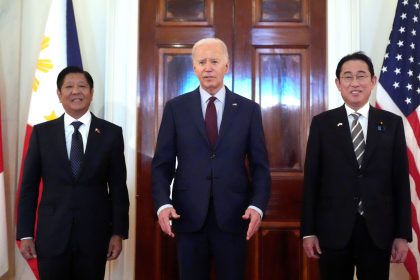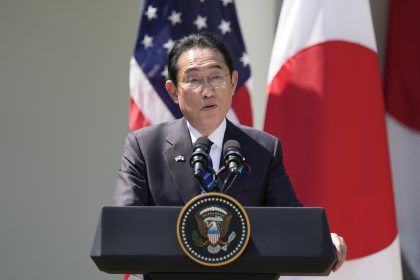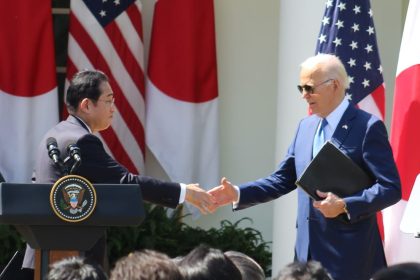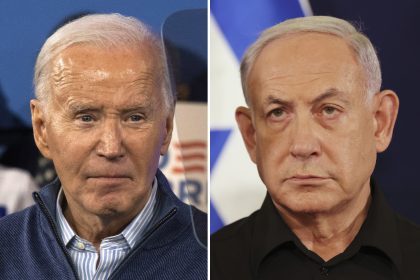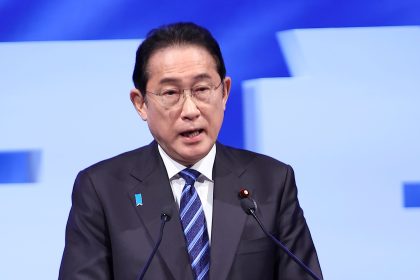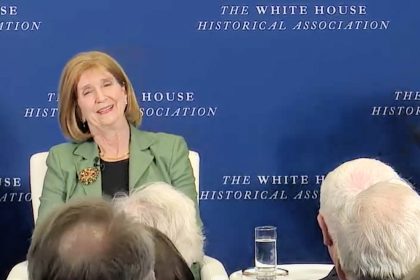US Supports COVID Accord, but Won’t Compromise National Security
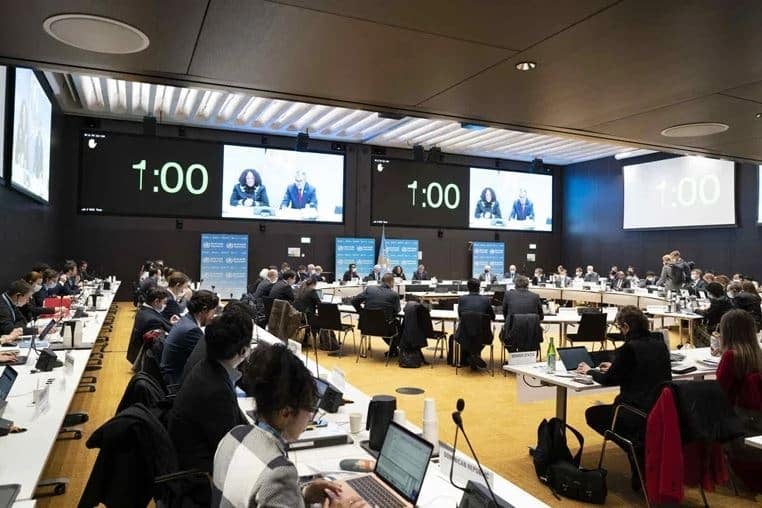
WASHINGTON — The United States supports an international effort to reach an accord based on lessons learned from the COVID-19 pandemic, but will resist an agreement that in any way undermines U.S. sovereignty or national security, the State Department said on Wednesday.
The position comes in the wake of the latest meeting of the Intergovernmental Negotiating Body at the World Health Organization headquarters in Geneva, Switzerland.
Ambassador Pamela Hamamoto served as the lead negotiator for the U.S. delegation at a session at which participants continued to try and hash out an agreement establishing clear, agreed upon roles and responsibilities should a global pandemic break out again in the future.
Specifically, the goal of the negotiating body is to achieve an accord that would build capacity, reduce the threat posed by zoonotic disease, enable rapid and more equitable responses, and establish sustainable financing, governance and accountability to break the cycle of pandemic panic and neglect.
The panel hopes to have an agreement in place by the conclusion of its next meeting in May 2024, but “much work remains to be done … to ensure the text meets these complex needs and is ultimately implementable for the United States,” the State Department said.
“While the United States is deeply committed to a process that should result in shared commitments and shared responsibilities among nations, we are also aware of concerns by some that these negotiations could result in diminished U.S. sovereignty,” the department’s statement said. “The United States will not support any measure at the World Health Organization, including in these negotiations, that in any way undermines our sovereignty or security.”
It went on to say that “any accord resulting from these negotiations would be designed to increase the transparency and effectiveness of cooperation among nations during global pandemics and would in no way empower the World Health Organization or any other international body to impose, direct or oversee national actions.”
“COVID-19 served as a stark reminder that infectious diseases do not stop at our borders. In order to protect Americans from current and future health threats, we must ensure that the lessons of COVID-19 and other infectious disease threats are reflected in a clear strategy rooted in global engagement,” the department continued, but it added the only accord acceptable to the United States is one that “will not compromise the ability of American citizens to make their own health care decisions.”
Dan can be reached at [email protected] and @DanMcCue


















